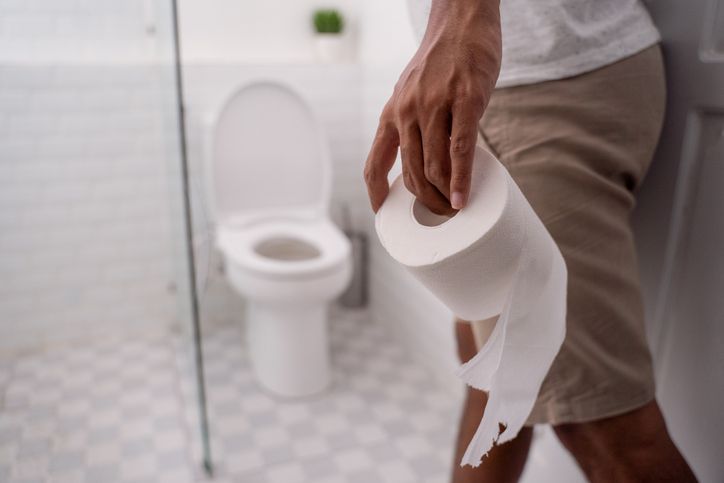What Your Poop Color Reveals About Your Health

Normal poop color is light to dark brown, but stool comes in different colors. You might occasionally notice your bowel movements are green, yellow, black, orange, and white.
It isn't unusual to have brightly colored bowel movements, Jamile Wakim-Fleming, MD, a gastroenterologist at the Cleveland Clinic, told Health. Different colors are typically the result of dietary causes, such as additives and dyes that are not digested.
Different color stools can be normal, but frequent colorful poop can be a sign of a more severe health condition. For example, pale or tan-colored stool can indicate a gallbladder, liver, or pancreas problem. Read on to learn more about stool color, including what's normal and different causes.
Stool is usually dark or light brown, but all shades of brown are considered 'normal' stool color. It's not uncommon for stool to change in color, typically due to a health concern or dietary causes. Treating the underlying cause or adjusting your diet can help restore stool color.
It's absolutely normal for stool to vary in color. These color changes are often due to foods in your diet. All shades of brown and most shades of green are considered 'normal.' Brown is normally associated with the natural breakdown of bile in the GI tract. Bile is secreted by the liver and helps to break down fat.
Poop that isn't brown or green isn't always cause for concern. Any time there's a change of stool color or consistency—or if you're at all worried about your poop color and other symptoms—it doesn't hurt to talk with a healthcare provider.
Green-colored poop may have to do with your diet or how quickly food is moving through your gut. Possible causes include:




